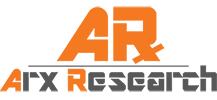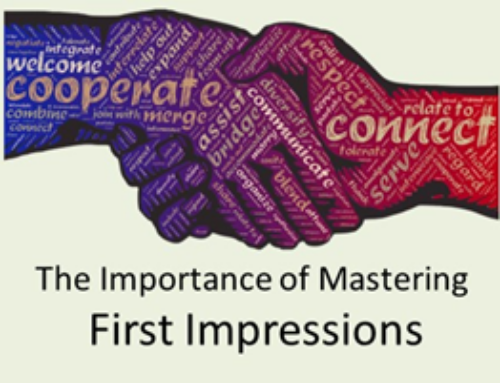MSL positions were created in the late 60’s to inform and influence Key Opinion Leaders (KOLs) in the medical field through relationships and research collaborations. Over time, the role of the MSL has evolved and now almost all MSLs serve as vital resources for pharmaceutical and biotech firms in regards to staying on top of regulations and compliance requirements. Through that, KOL feedback has become vital to the efforts of the MSL to develop outreach and influence strategies.
Information Relays and Reliance
MSLs keep KOLs informed of advances in science, medicine, and pending or impacting regulations, laws, and mandated processes, which increases the KOL FMV. In turn, the KOL feedback helps the MSL modify messages, refocus priorities or focus on new aspects of the developments altogether. This relationship is not exclusively reliant on each other for information, but much of the information that is relayed to the KOL comes from the MSL, whereas the MSL usually has multiple sources from which to collect data. The KOL and MSL work together to refine that data and formulate an opinion or presentation that will help build support for an idea, project, program or product toward the greater physician community.
Better Defined Performance Metrics
Attempting to assess the benefit of the MSL role has always been a challenge. The diversity of the duties and responsibilities of the MSL across medical science as well as through a product’s lifecycle coupled with an environment that is almost always in flux, particularly in the areas of regulations and compliance, make coming up with effective metrics a challenge. There’s also limited industry standard to assess MSL performance and much of the perception of the MSL role is driven by client – KOL that is – preference . That puts an emphasis on the KOLs they work with and how they perceive their input. In that regard, the KOL has broad latitude and great impact in determining the evaluation of the MSL.
Better Focus
KOLs also help influence the MSL by providing focus for them. If an MSL is providing information that is not useful to the KOL or if there’s other information that is more useful, the KOL can help mold the MSL’s approach to reflect the information the KOL needs. This also allows the MSL to compare data needs with other KOLs they serve and determine if the information they’re providing them is beneficial, superfluous, or needs better research, depth, or perspective to be beneficial.
The KOL – MSL relationship is evolving constantly. KOL feedback is a critical tool for life science companies as it provides factual elements to medical affairs management to not only insure MSLs are developing meaningful relationships but also mold quality relationships through an informed and prepared MSL team.






